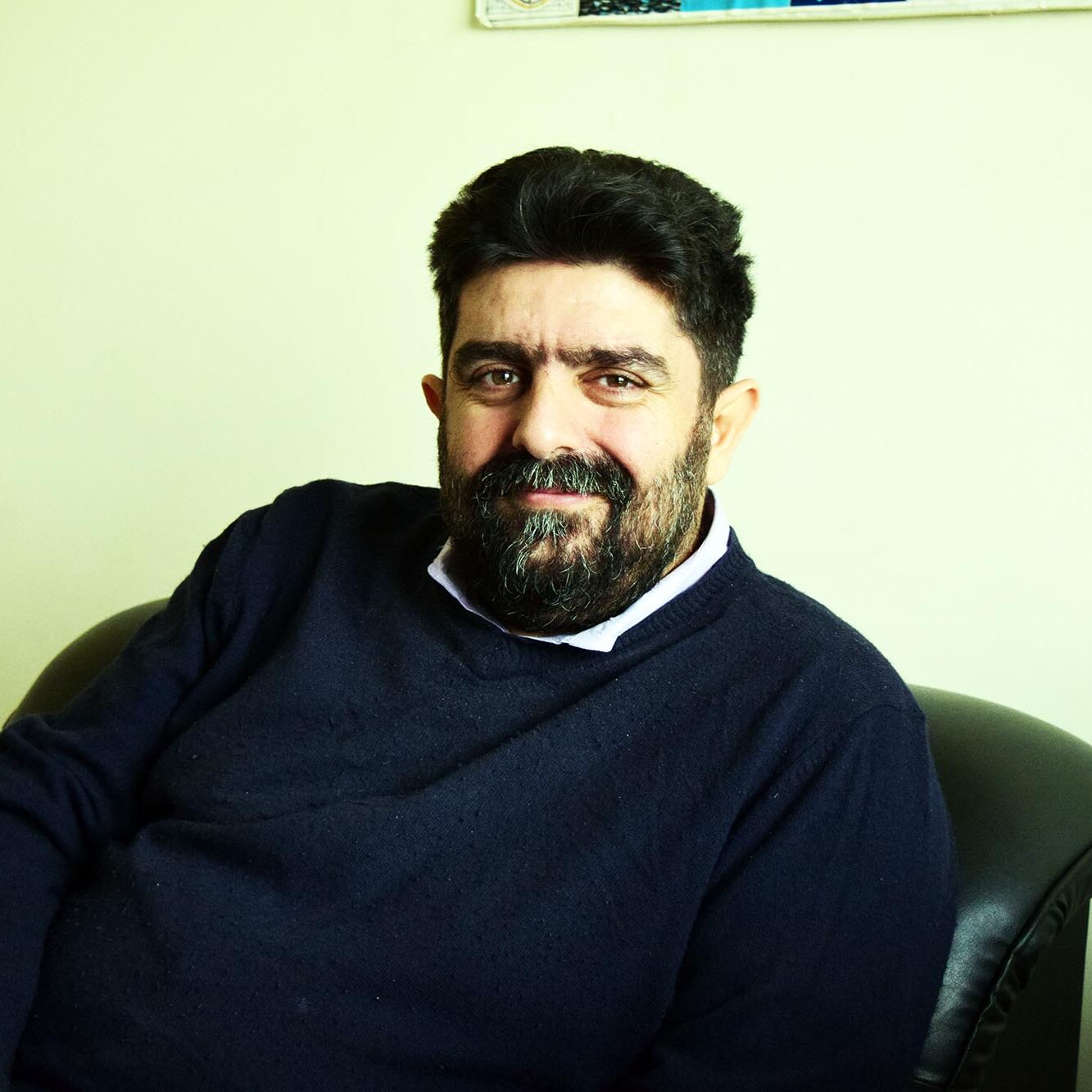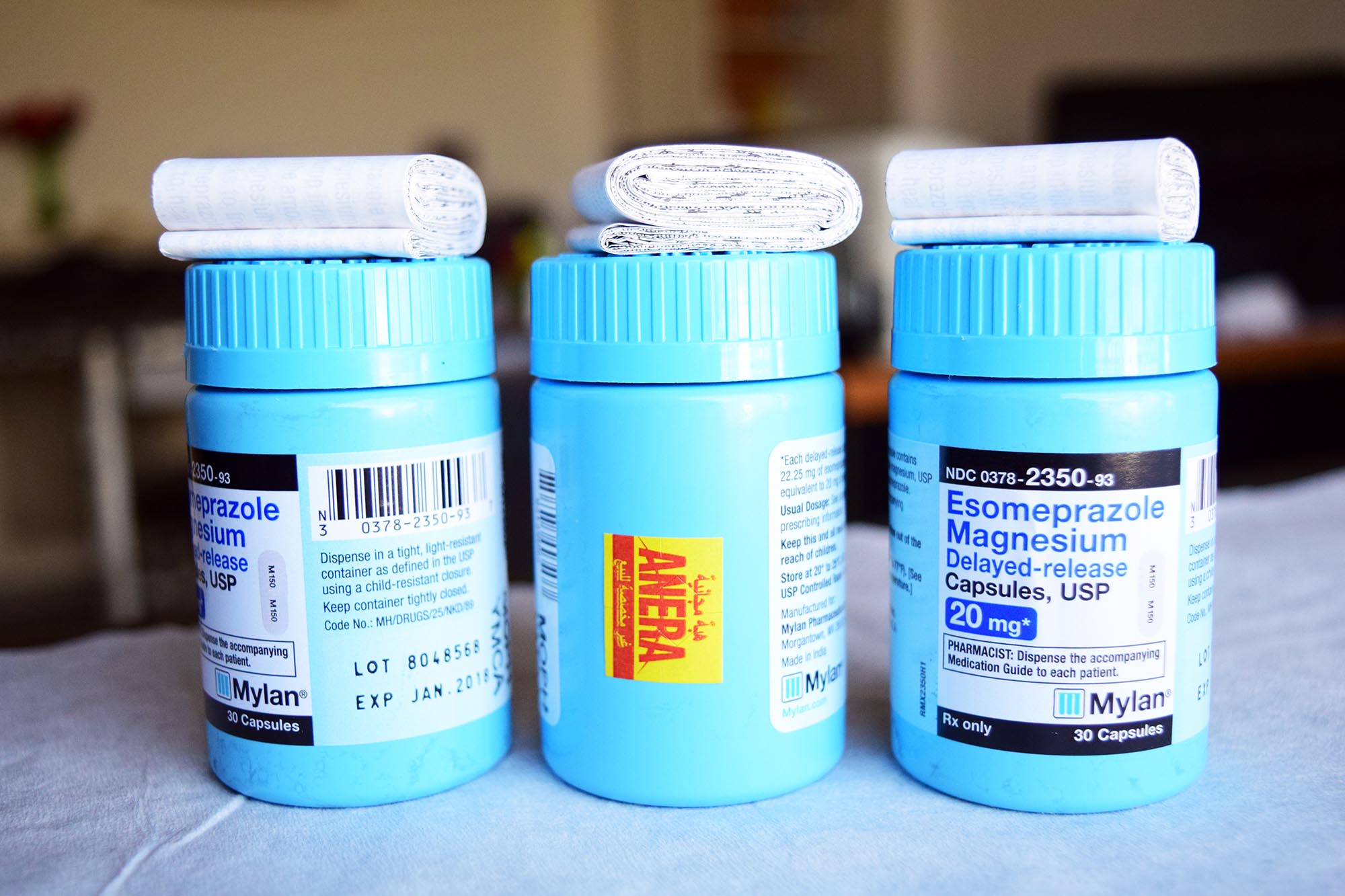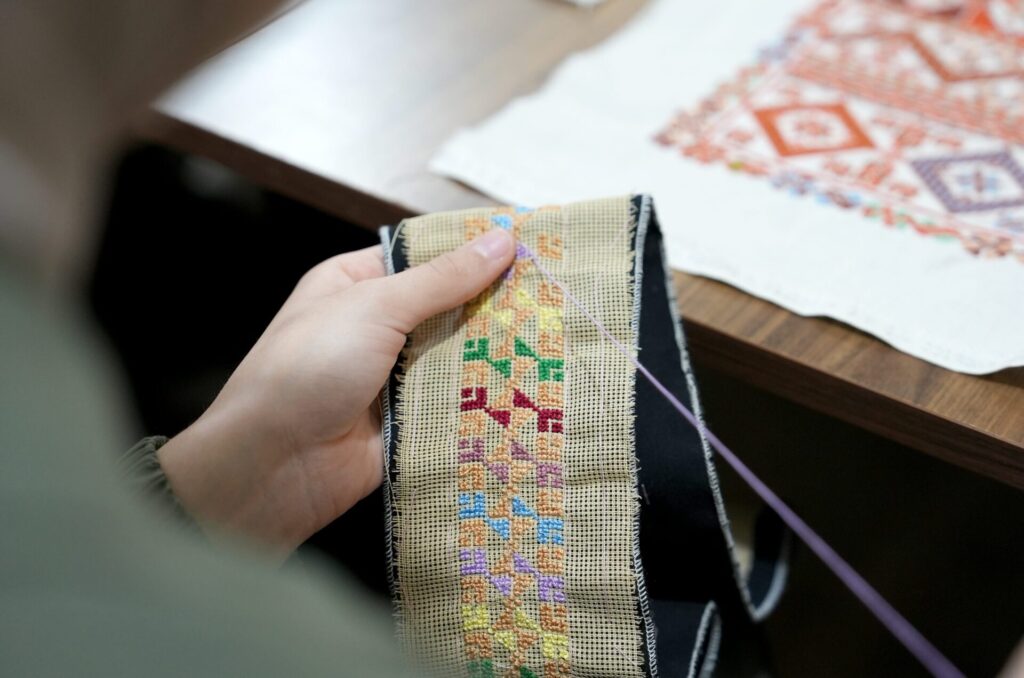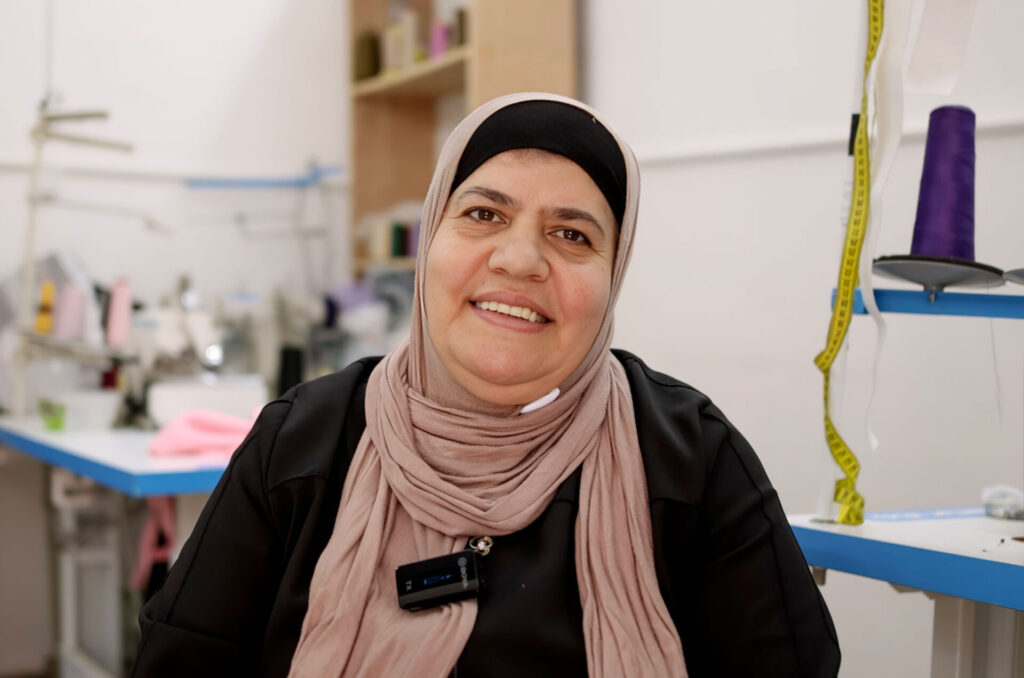Jul, 2018
Because of the lack of psychiatric care in Lebanon, the Nassim Center was established in 2007 to rehabilitate disappeared people and victims of torture along with their families.
Four decades ago, the Lebanese civil war resulted in more than 17,000 disappeared persons, with a majority of families still unclear about their whereabouts. In 2000, around 200 disappeared persons were the first to arrive back in Lebanon. From that time on, disappeared people from inside and outside Lebanon were starting to reappear and reunite with their families.
With no social platforms to support them, particularly on the medical and psychiatric levels, many have difficulty reentering society and going back to a normal way of life. Because of the lack of psychiatric care in Lebanon, the Nassim Center was established in 2007 to rehabilitate disappeared people and victims of torture along with their families. The center started as part of several multi-disciplinary initiatives by the Lebanese Center for Human Rights (CLDH) to support disappeared people and promote their rights and well-being.
The CLDH and Nassim Center provide support to disappeared returnees and also to their families,” said Wadih Al Asmar, Secretary General of the CLDH. “Returnees and their families need support on many different levels. Particularly social, medical, mental, and psychiatric levels. Unfortunately, the socioeconomic status of many of the returnees and their families make it hard for them to get the essential medical services and medicines they need,” noted Wadih.
The beneficiaries of the CLDH and Nassim Center come from different backgrounds. Currently, the CLDH takes care of around 1,000 patients. Of these, 50% are Syrian, 30% are Lebanese, and the rest belong to different nationalities. 200 patients and their families are cared for directly by the Nassim Center.
Through its local partner in Lebanon, the YMCA, Anera has been supporting organizations like the Nassim Center, to provide essential medicines to underprivileged Lebanese families for free. Recent donations, such as a donation of essential medicines from CMMB, relieve the financial burden of the Nassim Center and allow money to be allotted for other essential services and programs.
“Esomeprazole Magnesium is a much demanded medicine at Nassim,” noted Dr. Khoury, a resident at the center. “We are very grateful for this donation, especially because it is of the best quality,” he concluded. “On a weekly basis, we have patients whose cases require prescribing this medicine along with others, specifically psychiatric medicines,” he added.



